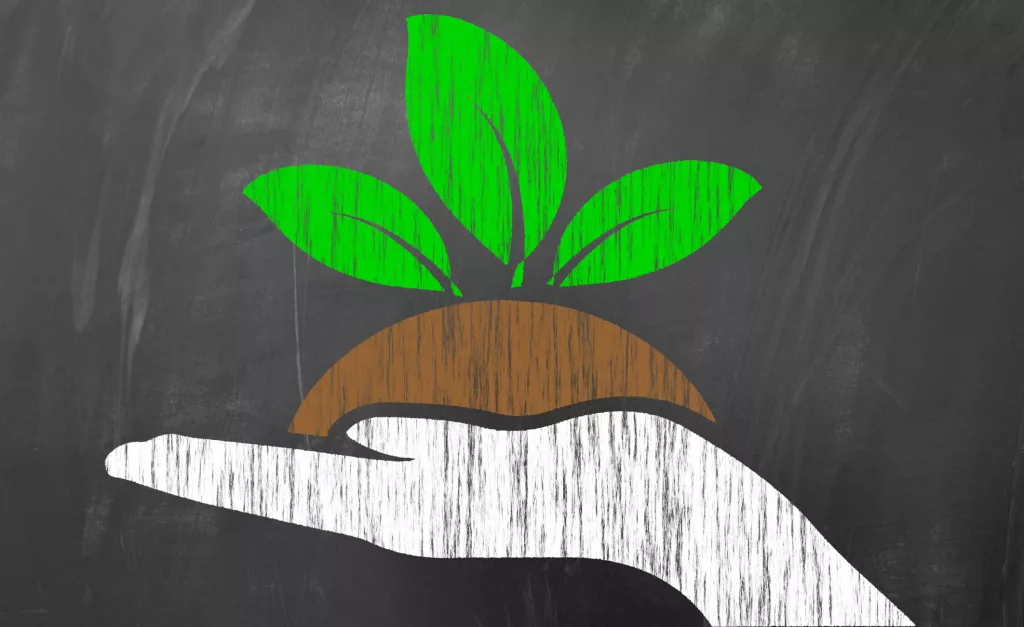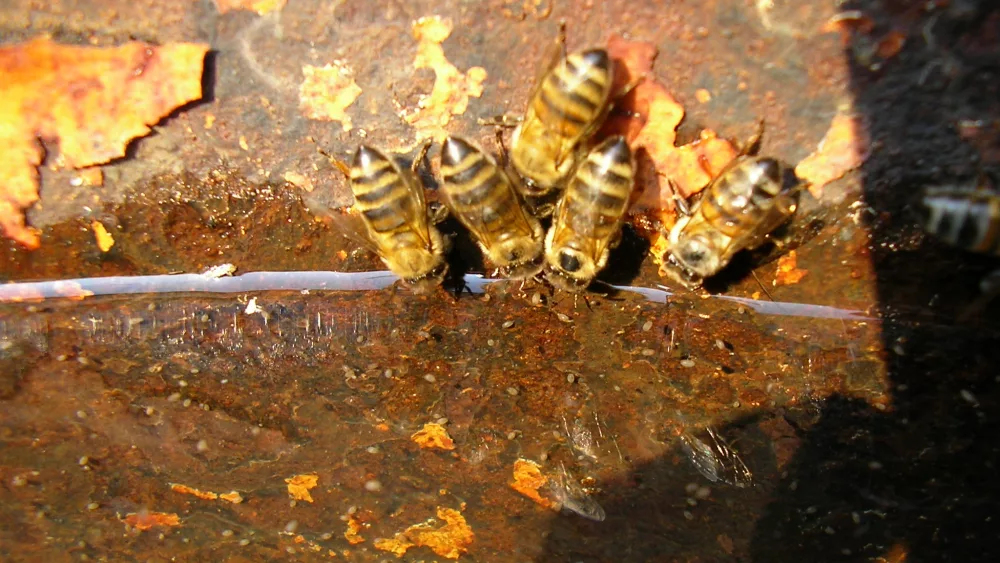Cold, snowy weather may not be your idea of spring, but as those conditions continue to hold back the fruit crops of Michigan’s Great Southwest, growers say that’s not a bad thing at all according to the experts who keep tabs on things like that. Mark Longstroth and Bill Shane, Fruit Educators with the Michigan State University Extension team, report that in general “Fruit growers continue to be pleased that the cold weather has held back bud development.” They explain, “Delayed development reduces the likelihood of damaging spring freezes during bloom by pushing bloom later and later to when the possibility of damaging freezes is very small.”
The two offer up the comments in their Southwest Michigan Fruit Update posted today. Longstroth says the wintry blast over the weekend did not cause any damage, and plant growth is actually just beginning, waiting for warm temperatures to return later this month.
Temperatures for the first week of April were cold with highs in the 30s and 40s and lows in the 20s and teens, but last week was warmer.
Longstroth and Shane say, “We saw the first bud movement since early March,” as temperatures rose briefly into the 50s and 60s with lows above freezing and into the 4os. They predict, “We should see green growth in southern areas by the end of the week.”
A cold front parked over the region last weekend bringing rain, freezing rain, frozen rain, ice and finally snow. Colder than normal weather is forecast to continue for the week, with highs in the 40s rising into the 50s, while low temperatures for the week will be near freezing. The fruit experts say, “These cold temperatures, about 10 degrees below normal, will continue to slow normal spring development.”
The weekly update says that continued cool temperatures “are holding tree fruit development back, but are not low enough to cause any damage,” adding, “At this time most fruit crops are still in the swollen bud to first green stages — development is more advanced closer to the Indiana border.”
The weather has, however, slowed ground preparation, spraying, fertilizing and tree planting activity, especially in heavier soil sites.
Here are individual crop reports from MSUE:
- Peach & Nectarine: Fruit buds are noticeably swollen. Temperatures have been too cool and wetting periods too short for peach leaf curl infections.
- Sweet Cherries: Bud swelling is evident, and Montmorency Tart Cherry fruit buds are still relatively tight. We are still in the window when copper sprays can be applied to sweet cherries.
- Japanese Plums: Some varieties are at swollen bud to early bud burst. European plum fruit buds are swelling. Thorough pruning out of black knot and disposal of the knots by burning is an important step in managing that disease.
- Apples: Are starting to show fruit bud swelling with first green showing on early developing varieties such as Idared and Zestar in some sites. Copper sprays are useful for early scab control and fire blight suppression.
- Pear: Fruit buds are at bud swell.
- Grapes: Have not yet begun growth, so there is plenty of time to apply dormant sprays to reduce powdery mildew and other diseases.
- Blueberry: Flower buds are only slightly swollen. Leaf buds have not moved. Warmer weather next week will bring growth, making them susceptible to mummy berry infections.
- Strawberries: Have greened up, but new leaves are not emerging from the crown. Overwintering mulches should be removed and raked between the rows. Growers are looking at early season herbicides to control overwintering weeds.
- Brambles: Showing little movement. Dormant pruning should be completed. In summer bearing raspberries, last year’s primocanes should be cut back to the desired height and any floricanes removed. Fall bearing raspberries should be cut or mowed to the ground.






